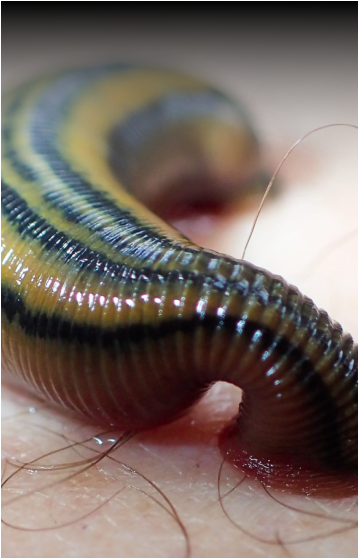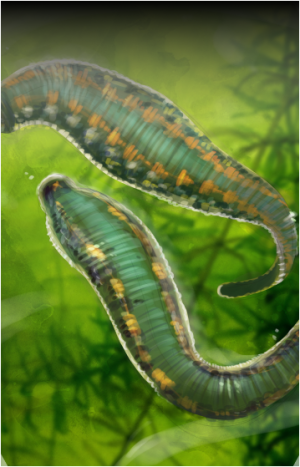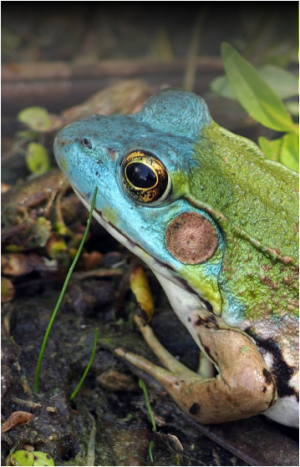In recent years, the therapeutic potential of leeches has garnered significant attention in modern medicine. Known as hirudotherapy, the clinical application of leeches involves using them to promote blood circulation, relieve venous congestion, and facilitate the healing of tissues following surgical procedures such as skin grafts and digit reattachments. The secretions of leech saliva have been found to possess anti-inflammatory and analgesic properties, making them valuable in the management of certain medical conditions.
Furthermore, the study of leech biology and genetics has provided valuable insights into evolutionary adaptations and developmental processes. The genome of the medicinal leech, Hirudo medicinalis, has been sequenced, shedding light on the genetic basis of its unique physiological traits and interactions with its environment.
Despite their historical association with bloodletting and antiquated medical practices, leeches continue to hold a prominent place in contemporary research and clinical settings. The diverse array of bioactive compounds present in leech saliva, coupled with their potential therapeutic applications, ensures that these fascinating organisms remain a subject of enduring scientific interest.
In conclusion, leeches stand as exemplars of the intricate interplay between biology, medicine, and pharmacology. Through their distinctive biological features and medicinal significance, leeches continue to captivate the scientific community, offering a wealth of opportunities for further exploration and discovery.






Reviews
There are no reviews yet.